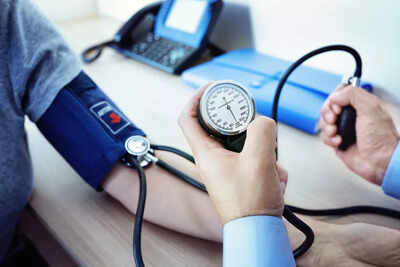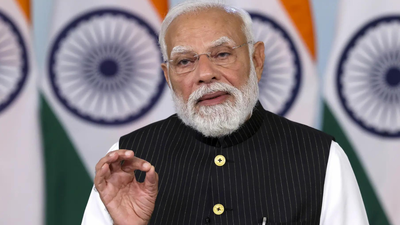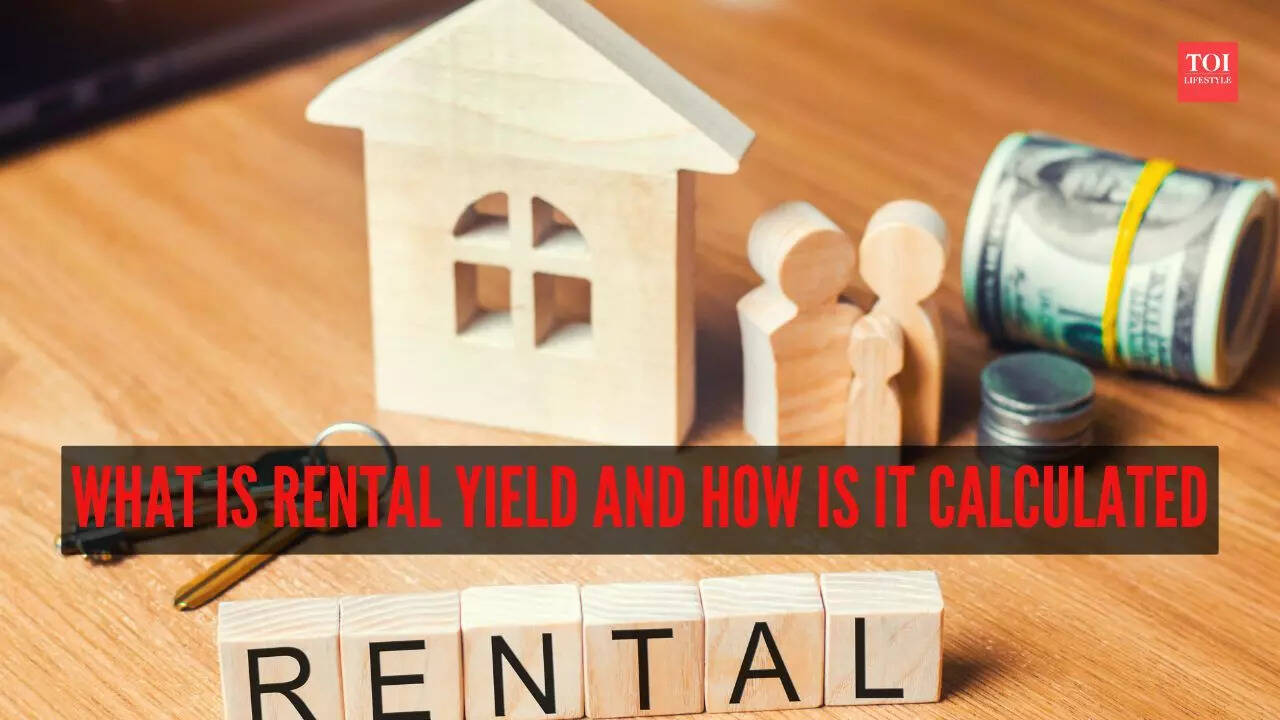High Blood Pressure:Top doctor shares MAP formula to bring down high blood pressure |

High blood pressure, or hypertension, is one of the leading causes of chronic illnesses, including heart disease, stroke, and kidney failure, worldwide. Controlling blood pressure is crucial for overall health and well-being. Dr. Pramod Tripathi, a Mumbai-based doctor has introduced a novel approach to combat high blood pressure using his MAP formula. This three-step method is a natural way to manage hypertension. His approach is rather lifestyle-based interventions to manage hypertension. Let’s take a look at how the MAP formula works.
M for Magnesium

The ‘M’ in MAP stands for magnesium, a mineral that helps relax blood vessels, which are often constricted in people with hypertension. The doctor also added that pumpkin seeds are a good source of magnesium. It is also found in green leaves, as they contain chlorophyll. “Magnesium glycinate 200 milligrams is also a very good supplement to start off if you have high BP,” he suggested.
A for abdominal breathing

The ‘A’ represents abdominal breathing, a technique to counter the stress-driven sympathetic nervous system overdrive, which is common in people with hypertension. “In the autonomic nervous system, there are two sub-nervous systems. One is sympathetic, the second is parasympathetic. Sympathetic increases your BP. Just breathe into the chest two, or three times rigorously and see, you’ll feel yourself more active. Instead of chest breathing, shift to abdominal breathing. Try it right now. Only let the tummy move. It may be difficult if you’re starting it for the first time and this can help your blood pressure. In fact, yoga has a lot of solutions for high BP,” the doctor said. He also suggested trying the hypertension reversal yoga. “Try and shift every hour, three or five breaths taken to the abdomen. It will overall help you relax your stress because stress is an important contributor to hypertension,” he added.
P for prolonged fasting

The ‘P’ stands for prolonged fasting, which Dr. Tripathi says is the most critical step. He links high blood pressure and diabetes to elevated insulin levels, which cause sodium retention, sympathetic overactivation, and blood vessel damage, all factors that increase blood pressure. “You need to fast for a minimum of 48 hours,” he said. Disclaimer: The information in this article is for educational and informational purposes only and is not intended as medical advice. Always consult a qualified healthcare provider before making any changes to your diet, lifestyle, or treatment plan, especially if you have underlying health conditions, are on medication, or are considering practices like prolonged fasting.





